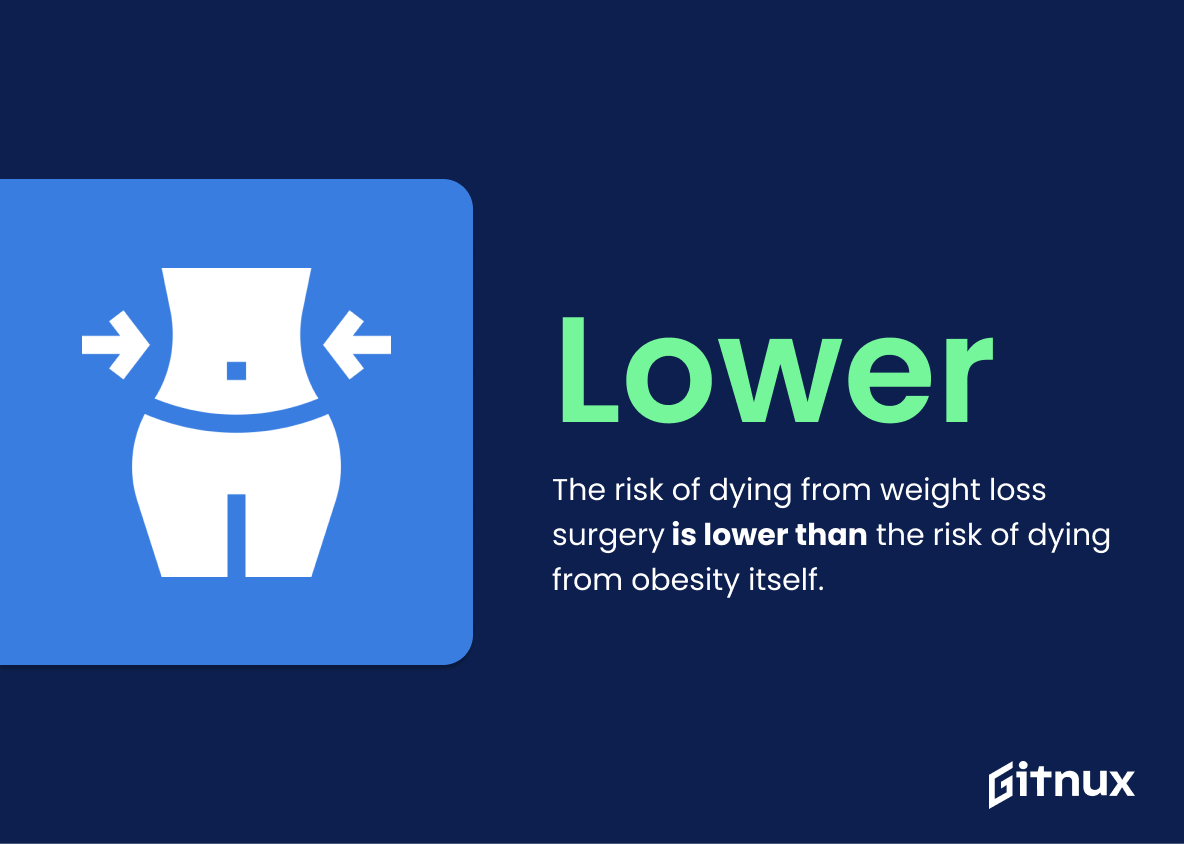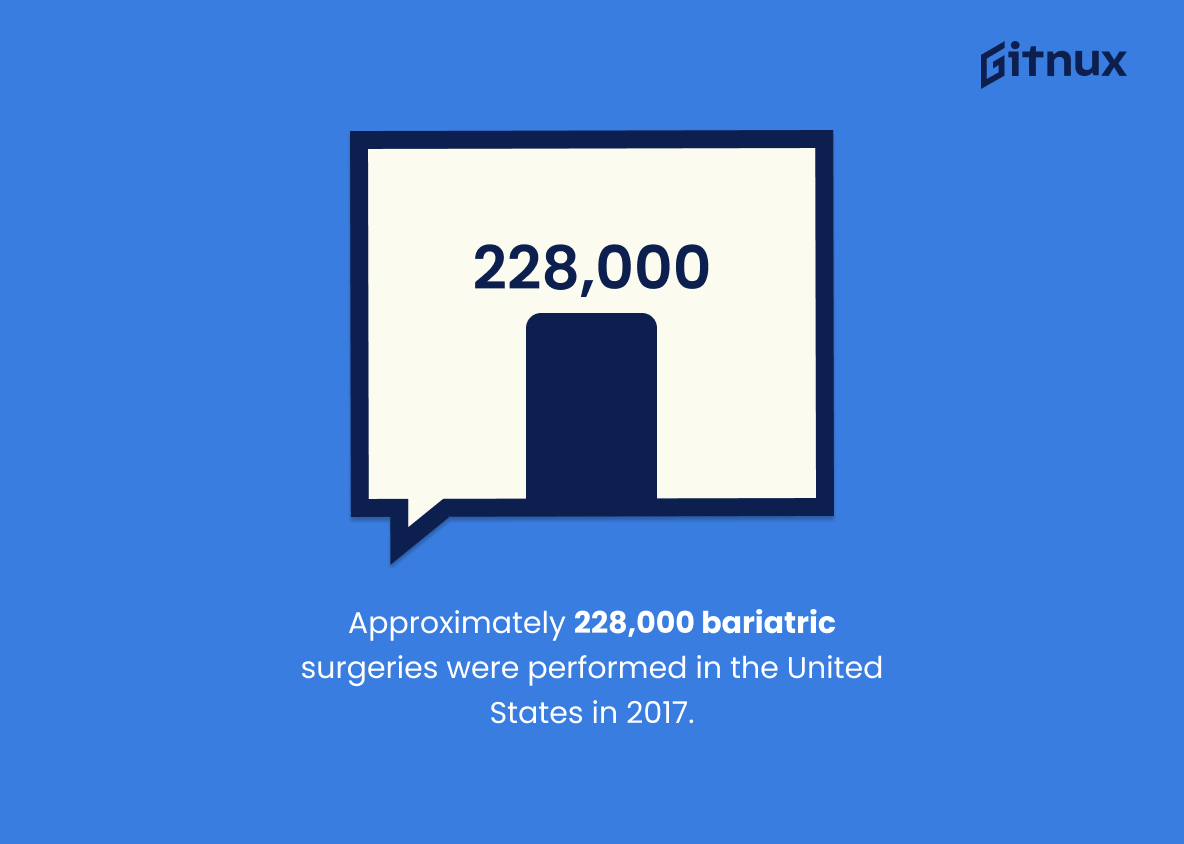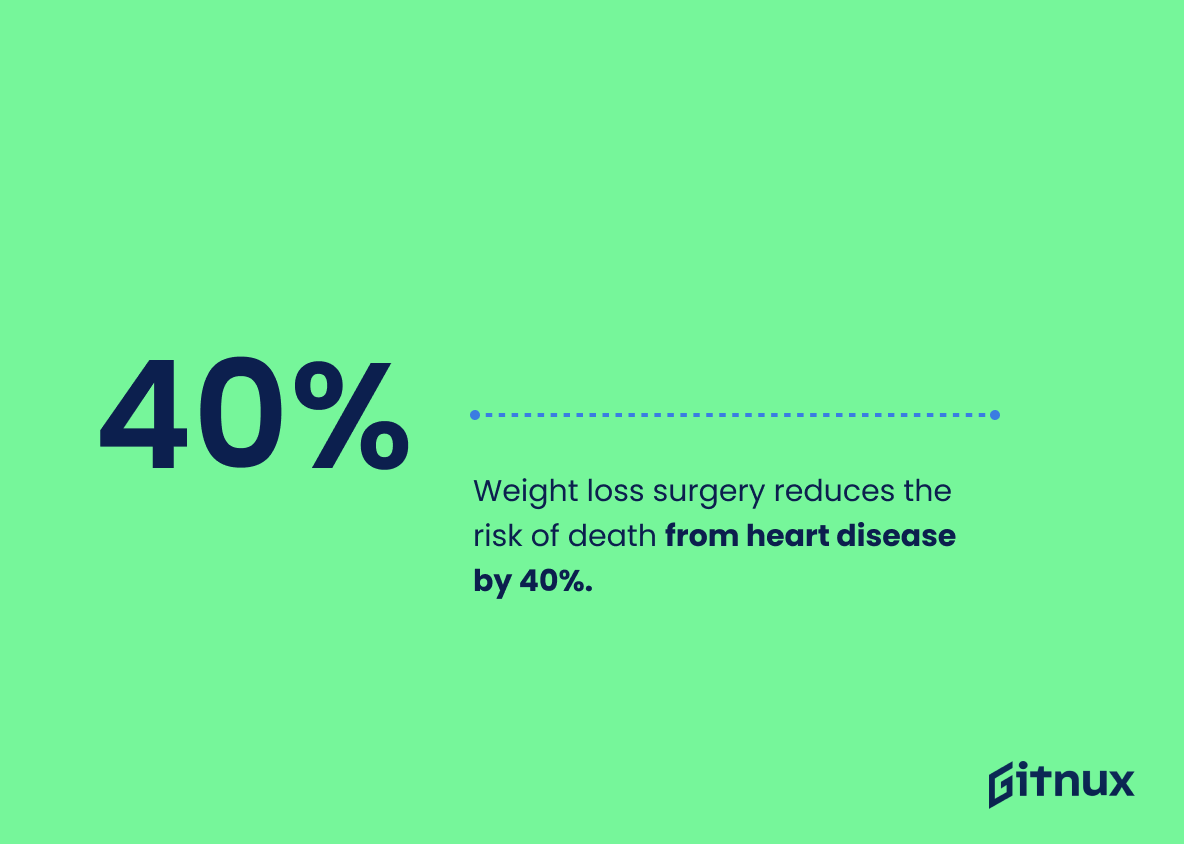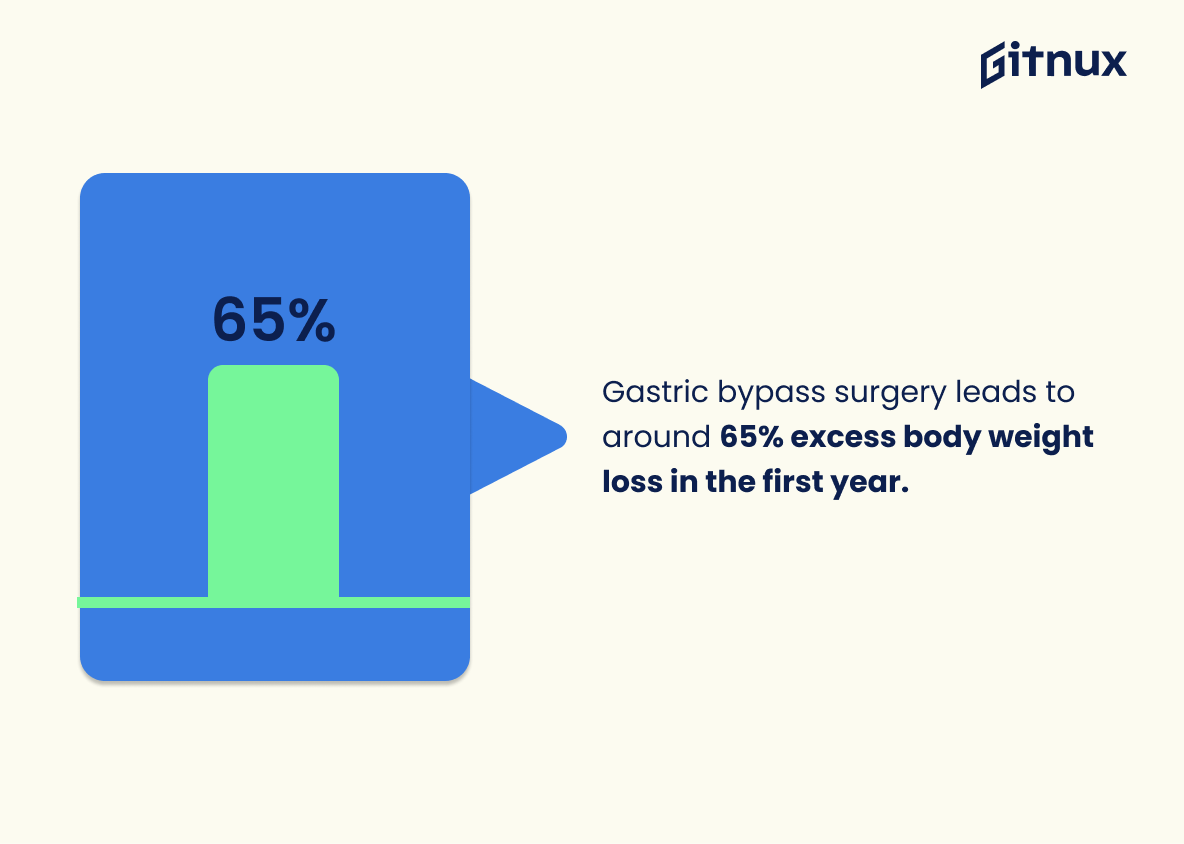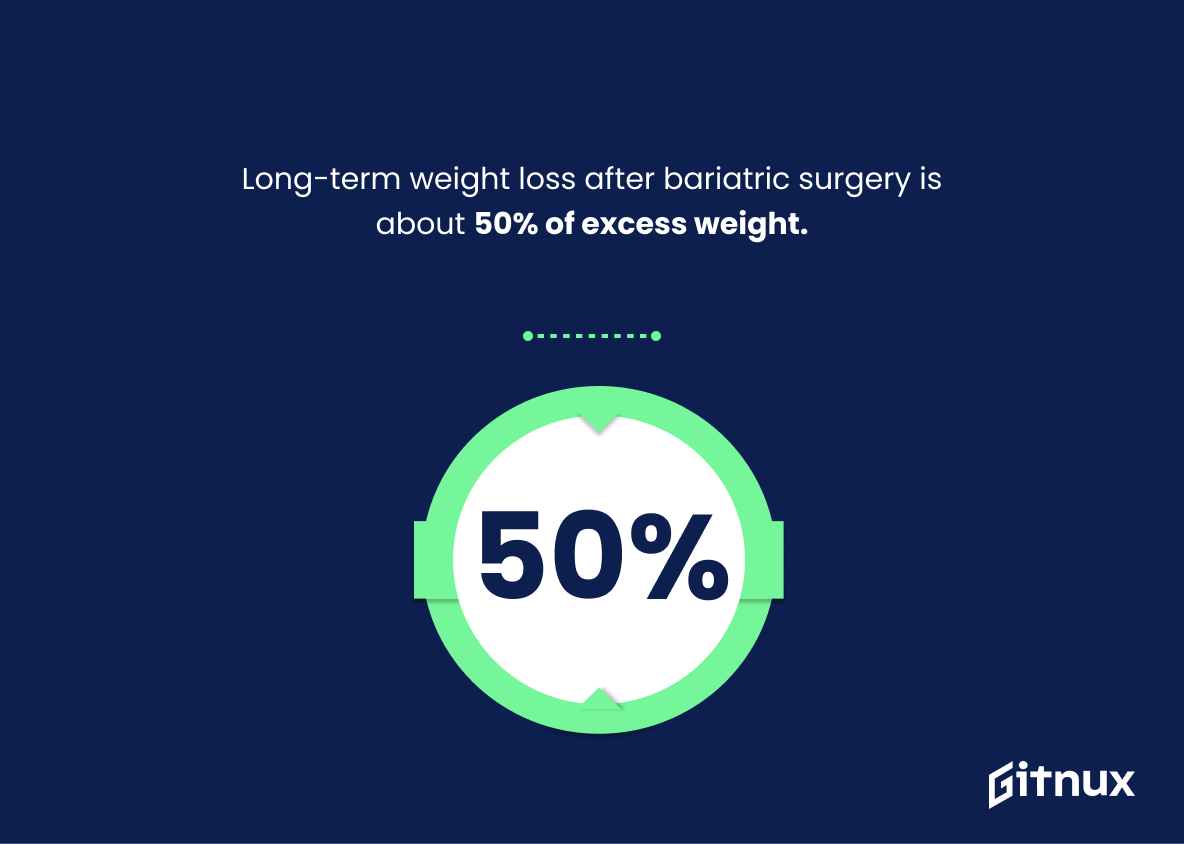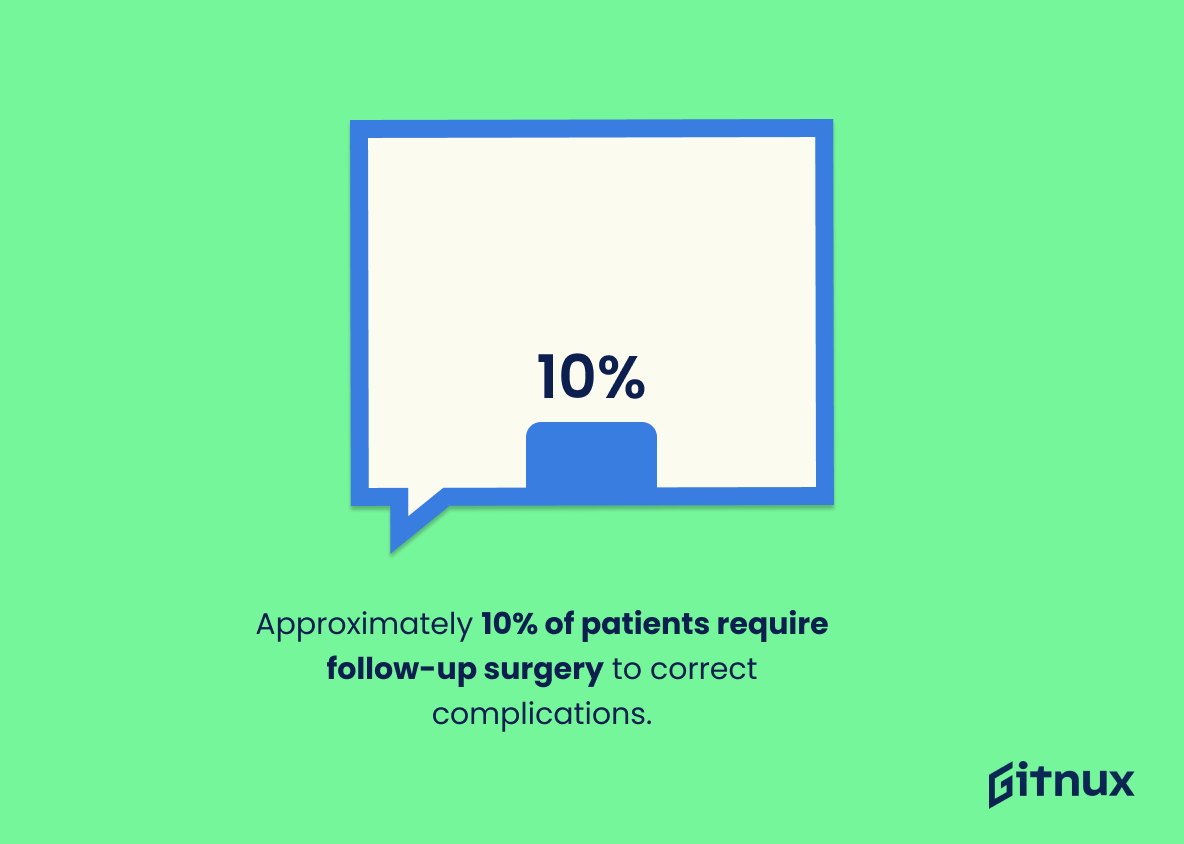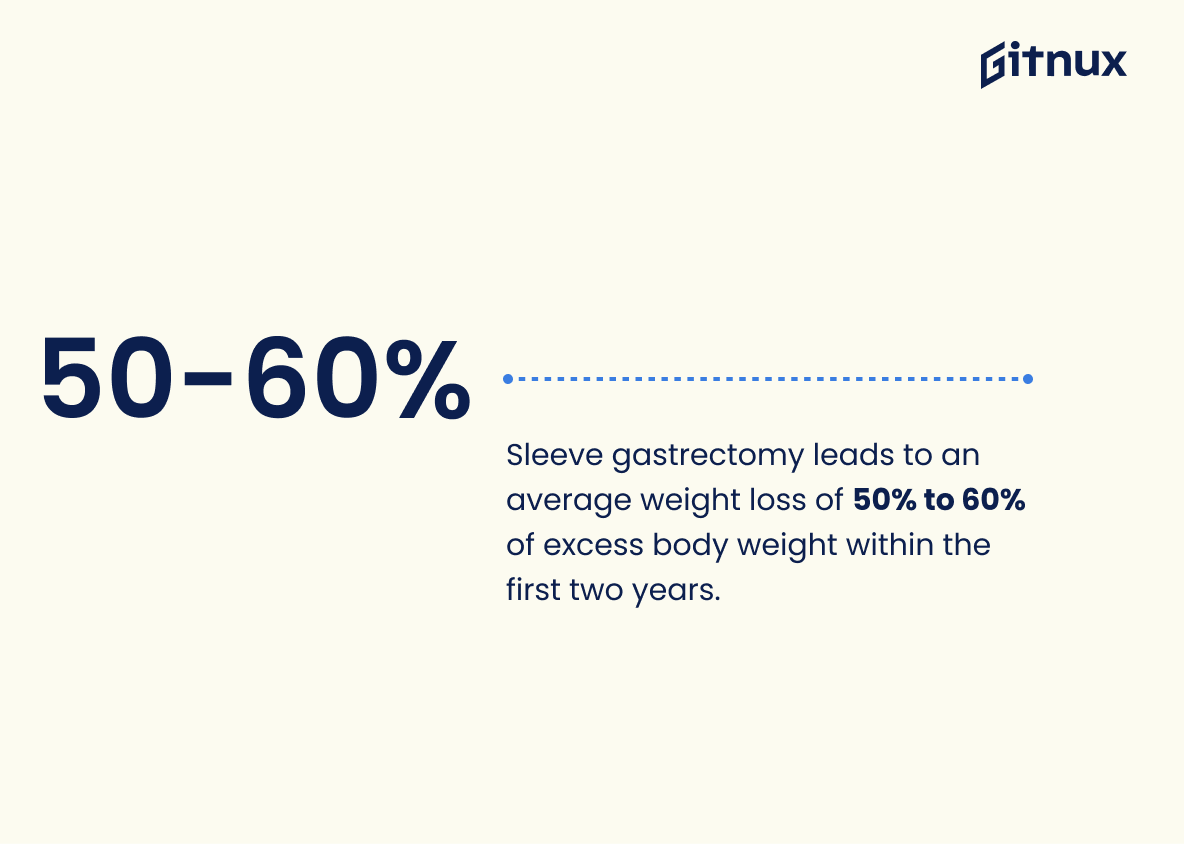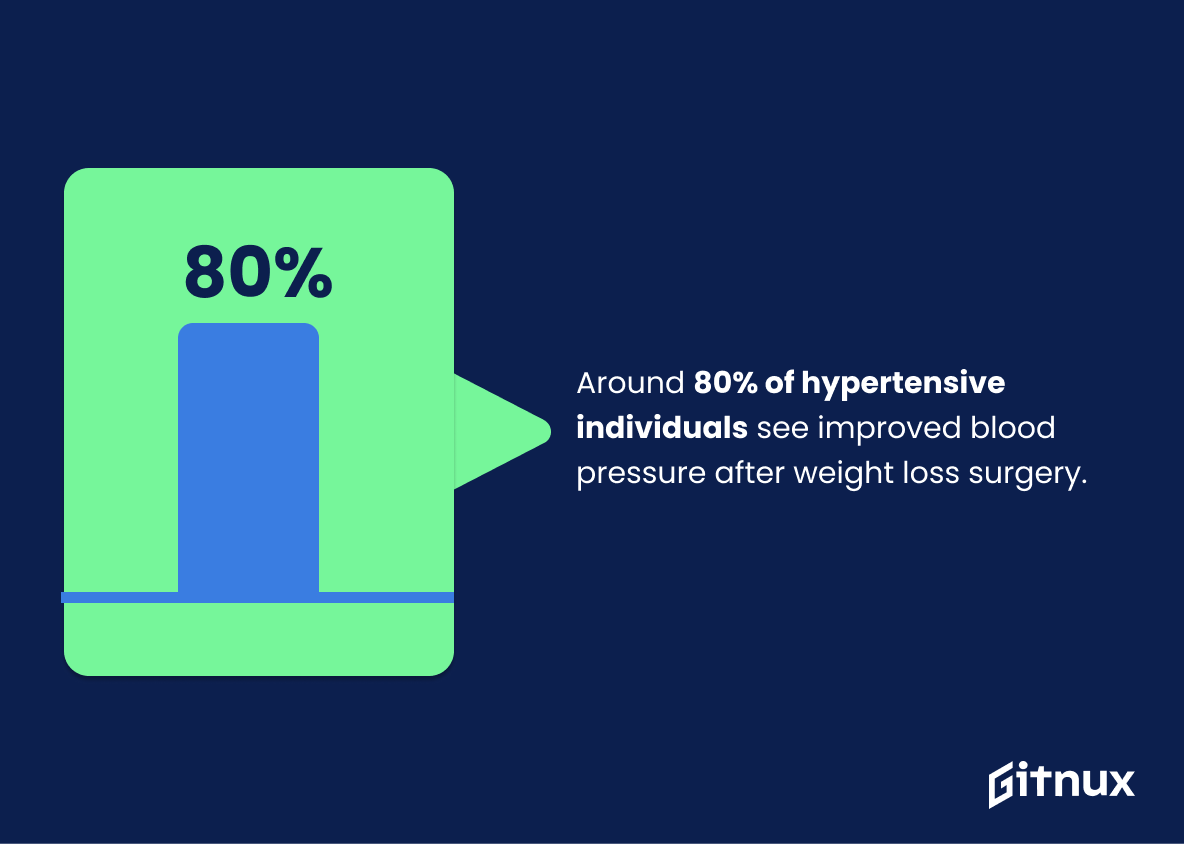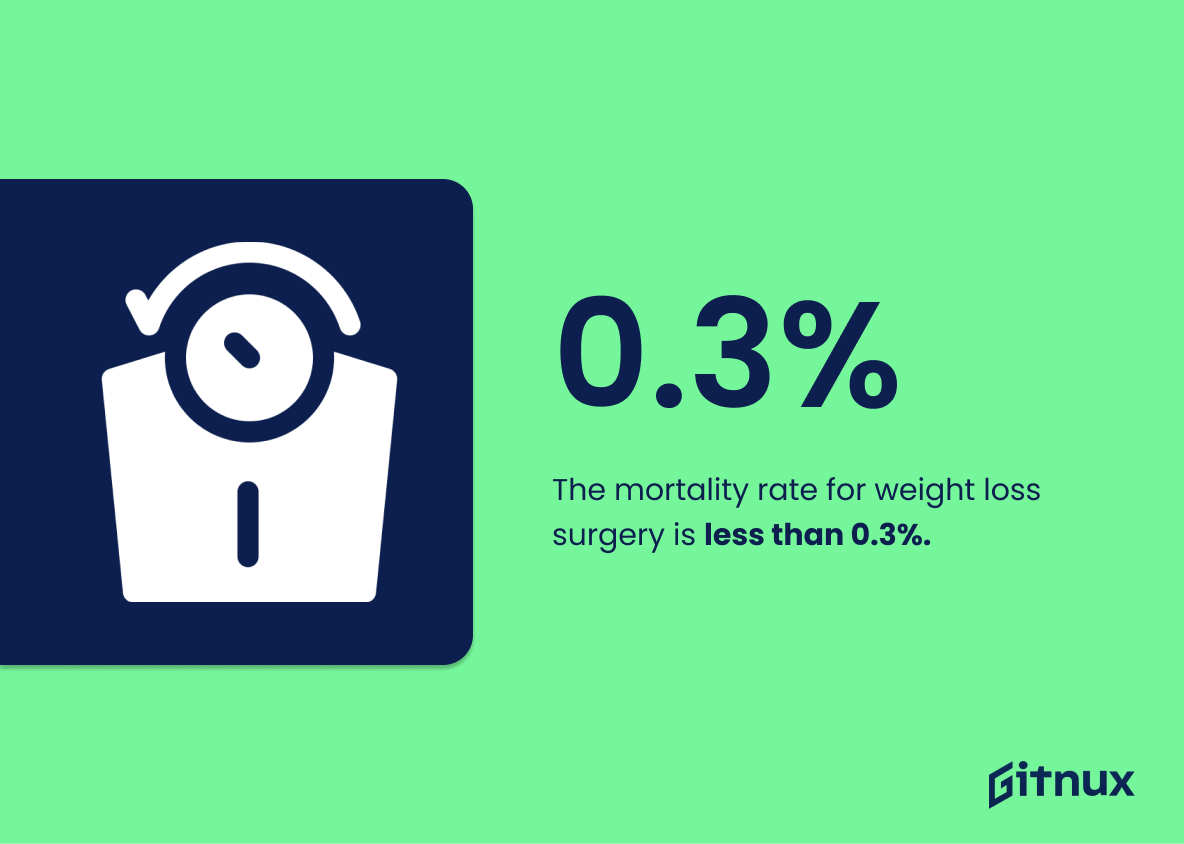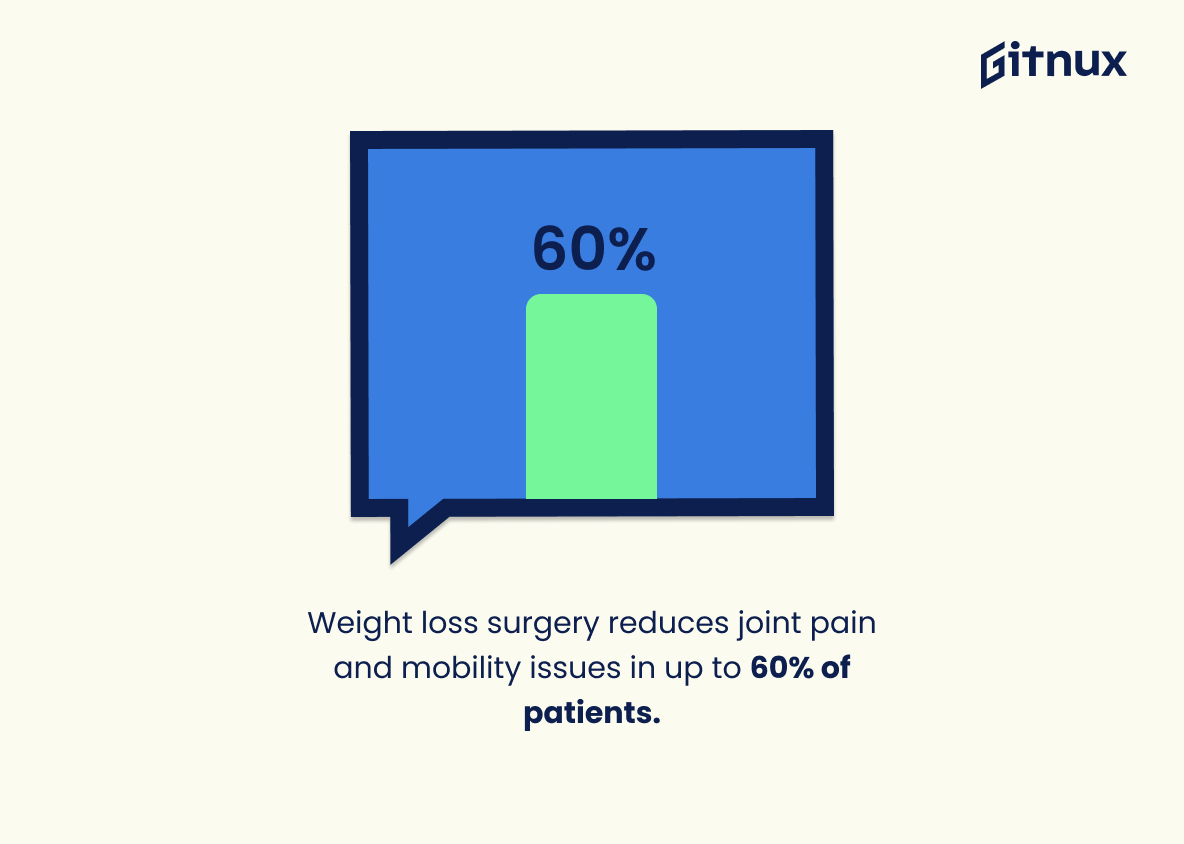Weight loss surgery is a popular option for those looking to lose weight and improve their overall health. It has been proven to be an effective way of achieving long-term weight loss, with 90% of patients maintaining the results over time according to one study. Patients can expect to lose about 60% of their extra weight within 1-2 years after undergoing the procedure, while 80% see improvements in blood sugar control if they have type 2 diabetes. The risk associated with this kind of surgery is lower than that posed by obesity itself, and approximately 228,000 bariatric surgeries were performed in 2017 alone.
The cost varies depending on the specific procedure chosen but typically ranges between $15,000-$25,000 USD; however it may be worth it as studies show that there are many benefits beyond just losing excess body fat such as reducing heart disease risk by 40%, improving sleep apnea symptoms in 85-90%, decreasing cancer risks by 33%-60%, and even providing mental health benefits like improved quality of life or decreased joint pain up to 60%. All these facts make clear why so many people choose this route when trying to achieve healthier lifestyles.
Weight Loss Surgery Statistics Overview
The risk of dying from weight loss surgery is lower than the risk of dying from obesity itself.
This statistic is a powerful reminder that weight loss surgery can be a life-saving option for those struggling with obesity. It highlights the fact that the risks associated with the surgery are far outweighed by the risks of continuing to live with obesity. It is a testament to the effectiveness of weight loss surgery as a tool for improving health and quality of life.
Approximately 228,000 bariatric surgeries were performed in the United States in 2017.
This statistic is a powerful indicator of the prevalence of weight loss surgery in the United States. It shows that a significant number of people are turning to bariatric surgery as a means of achieving their weight loss goals. This statistic is a testament to the fact that weight loss surgery is becoming increasingly popular and accepted as a viable option for those looking to make a lasting change in their lives.
Weight loss surgery reduces the risk of death from heart disease by 40%.
This statistic is a powerful reminder of the life-saving potential of weight loss surgery. It highlights the fact that this procedure can not only help people lose weight, but also reduce their risk of death from heart disease by a significant amount. This is an important statistic to consider when making decisions about weight loss surgery.
Gastric bypass surgery leads to a loss of approximately 65% of excess body weight within the first year.
This statistic is a powerful testament to the effectiveness of gastric bypass surgery in helping individuals achieve their weight loss goals. It demonstrates that, with the right procedure, individuals can expect to see a significant reduction in their excess body weight within the first year. This is an important point to make in a blog post about weight loss surgery statistics, as it provides readers with a realistic expectation of the results they can expect from the procedure.
Long-term weight loss after bariatric surgery is about 50% of excess weight.
This statistic is a powerful reminder of the effectiveness of bariatric surgery in achieving long-term weight loss. It highlights the potential for individuals to make a lasting change in their weight and health through this type of surgery. This statistic is an important piece of information for anyone considering weight loss surgery, as it provides a realistic expectation of the results that can be achieved.
More than 30% of gastric bypass patients develop gallstones within two years.
This statistic is a stark reminder of the potential risks associated with gastric bypass surgery. It highlights the importance of understanding the potential side effects of the procedure before making a decision to undergo it. Furthermore, it serves as a warning to those considering the surgery to be aware of the potential for gallstones to develop in the two years following the procedure.
Approximately 10% of patients require follow-up surgery to correct complications.
This statistic is a crucial reminder that weight loss surgery is not without risks. It highlights the importance of carefully considering the potential complications before undergoing the procedure, as well as the need for close monitoring and follow-up care after the surgery.
Sleeve gastrectomy leads to an average weight loss of 50% to 60% of excess body weight within the first two years.
This statistic is a powerful testament to the effectiveness of sleeve gastrectomy as a weight loss surgery. It demonstrates that, within two years, patients can expect to lose a significant amount of their excess body weight, making it an attractive option for those looking to make a lasting change in their health.
Over 80% of people with hypertension show improvement in blood pressure after weight loss surgery.
This statistic is a powerful testament to the efficacy of weight loss surgery in treating hypertension. It demonstrates that, for the vast majority of people, this surgery can be a successful and life-saving intervention. It is a crucial piece of evidence that should be taken into account when considering the potential benefits of weight loss surgery.
Only 5% of those who undergo non-surgical weight loss treatments achieve long-term weight loss success.
This statistic is a stark reminder of the difficulty of achieving long-term weight loss success without surgery. It highlights the importance of considering surgical options for those who are struggling to lose weight and keep it off. It also serves as a warning to those who may be tempted to try non-surgical treatments without fully understanding the risks and potential outcomes.
The mortality rate for weight loss surgery is less than 0.3%.
This statistic is a testament to the effectiveness of weight loss surgery, showing that it is a safe and reliable option for those looking to lose weight. With such a low mortality rate, it is clear that weight loss surgery is a viable option for those looking to make a positive change in their lives.
Weight loss surgery leads to a significant decrease in joint pain and mobility problems in up to 60% of patients.
This statistic is a powerful testament to the effectiveness of weight loss surgery in improving joint pain and mobility issues. It demonstrates that up to 60% of patients who undergo the procedure experience a significant decrease in these issues, making it a viable option for those looking to improve their quality of life.
Conclusion
Weight loss surgery is a safe and effective way to achieve long-term weight loss, with 90% of patients maintaining their results. Patients can expect to lose 60% of their extra weight within 1-2 years after the procedure, as well as experience improvements in blood sugar control (80%), risk of death from heart disease (40%) and overall cancer risk (33%). Gastric bypass leads to an average 65% excess body weight reduction within one year while sleeve gastrectomy leads to 50%-60%. Weight loss surgery also reduces joint pain and mobility problems in up to 60%, improves mental health/quality of life by 50%, decreases sleep apnea symptoms for 85-90%, and has a mortality rate lower than 0.3%. With over 228,000 bariatric surgeries performed in 2017 alone at costs ranging between $15k-$25k per procedure, it’s clear that more people are turning towards this option for successful long term weight management.
References
0. – https://www.hopkinsmedicine.org
1. – https://www.pubmed.ncbi.nlm.nih.gov
2. – https://www.my.clevelandclinic.org
3. – https://www.niddk.nih.gov
4. – https://www.asmbs.org
5. – https://www.medicalnewstoday.com
6. – https://www.diabetes.org
7. – https://www.mayoclinic.org
8. – https://www.ncbi.nlm.nih.gov
9. – https://www.win.niddk.nih.gov
10. – https://www.sages.org
